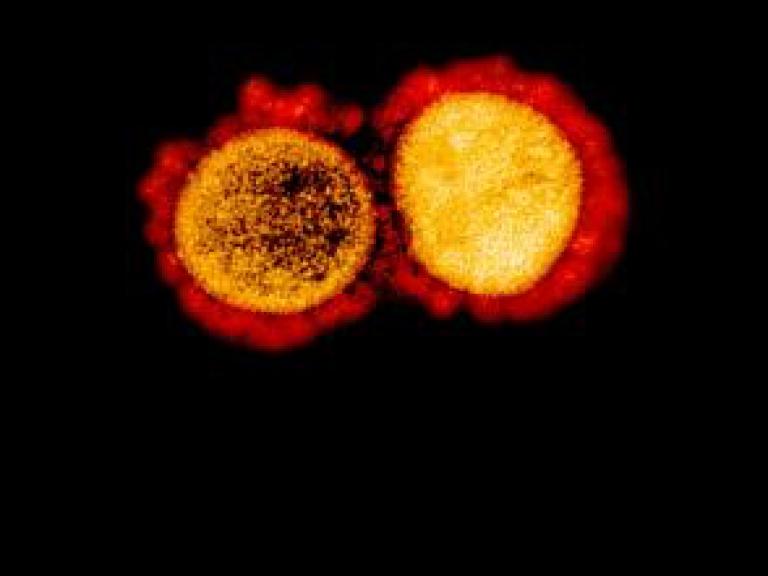NIAID provides guidance on data-management and -sharing practices to ensure NIAID’s research adheres to NIH policies to serve knowledge sharing, secondary use, and reproducibility of NIAID-funded research data as well as enable opportunities to develop a data science workforce.
Research
Research Areas
Grants & Contracts
Clinical Trials
News & Events
About NIAID
Website Policies and Notices




